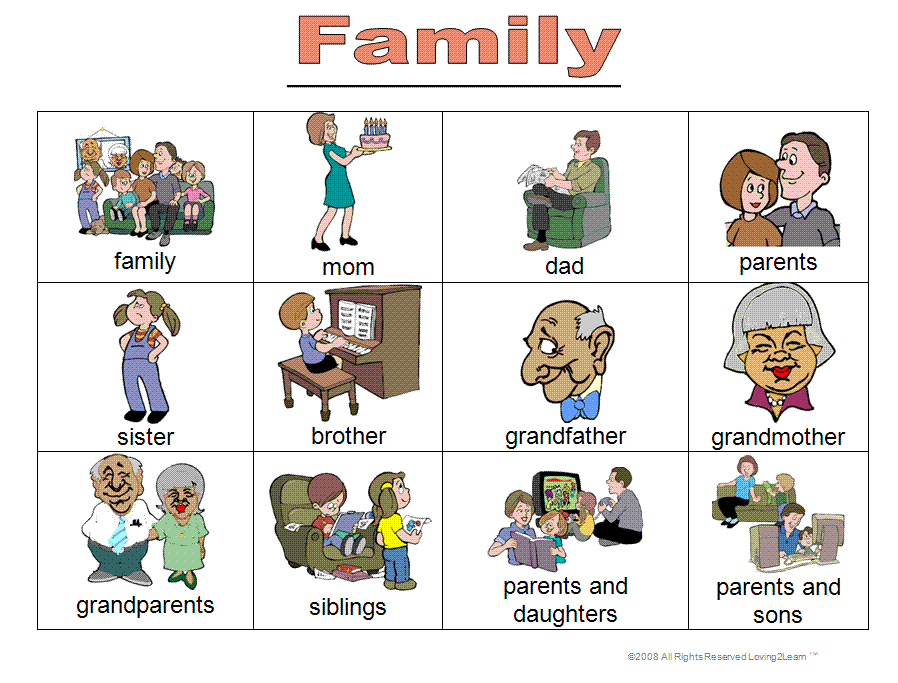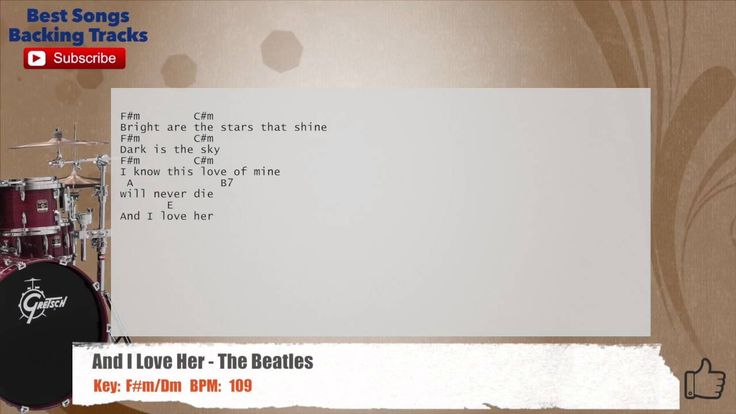To my parents
I Hate My Parents: Is That Normal?
Many people have close relationships with their parents — in fact, some consider their mother or father their best friend. But that isn’t always the case.
There’s a less fortunate narrative: Some people hate their parents. They don’t just lack that connection or disagree with their parents from time to time; instead, they despise their mom, dad, or both.
Is this normal? Is it normal to hate your parents? Plus, what are some underlying causes for this hate?
Why Do I Hate My Parents?The cause of hate can vary from one individual to the next, but in most cases, the parents have mistreated (physically, verbally, and/or emotionally) their child. It’s normal and expected to despise your parents if they’ve mistreated you — whether they intentionally abused you, held you to unrealistic and harmful expectations, or forced you to live a life you also hated. But what about in other scenarios?
Say you have perfect parents: Despite their dedication to raising you and loving you as their child, you don’t feel that same love for them. You feel hate instead. Is that normal? This isn’t as common, but that doesn’t mean you’re abnormal. There is most likely a hidden cause behind these negative feelings and the best way to combat the hate is to get to the bottom of it. Consider the following possible underlying causes:
- The desire for independence. You may simply desire or be seeking more independence, and your relationship with your parents is consequentially suffering. This typically happens a lot with age. When I moved back home for the summer after my freshman year of college, I expected a greater degree of independence and more flexibility and freedom from my dad. However, it was as if I returned to my home as a teenager in high school. This definitely hurt my dad and I’s relationship and had we not respectfully talked about the issue, it could still be suffering today.
- A phase of rebellion. A lot of teenagers go through a period of rebellion and parents never know the best way to handle it—it’s tricky and also troublesome because it can either strengthen or, more often than not, damage the relationship.
 If parents respond with punishment and scorn, then it can certainly result in the child’s loathing.
If parents respond with punishment and scorn, then it can certainly result in the child’s loathing. - Media exposure. Your relationship can even be affected by the type of TV shows or movies you’re watching. You may see a slightly different or more desirable parent-child relationship portrayed on screen and wish that your relationship with your parents was more like it. This can lead to unrealistic expectations and deep resentment.
- Differing morals and/or lifestyles. While our parents typically raise us with their ideals as the backbone of our growth, we don’t always take after their belief systems or lifestyles. This can cause significant strain on your relationship if your parents object to your choices or if your differences are so different that they create big issues. For example, a family that is devoutly Catholic may have a problem with their son declaring he doesn’t believe in God or even deciding to date someone who doesn’t believe in God.

Do any of the above resonate with you? As we mentioned earlier, the reason you hate your parents might differ from the reason someone else hates their parents. However, you might be able to trace your resentment back to one of the above causes.
I Hate My Parents: What Do I Do?If you hate your parents, you might be feeling panicked about what to do next. First, stay calm. Remember that it’s normal to have negative feelings toward your parents and other family members. Then, follow a few tips for navigating your next move, which will require first making one decision: whether you want to salvage your relationships or cut contact with your toxic parents. If that’s not possible or you don’t wish to make amends, then here are a few pieces of advice for you:
- Move out of the house. If you’re still living with your parents, it’s time to move out (if you’re 18 of course). While this is easier said than done, it’s important to get out of the unhealthy living situation.
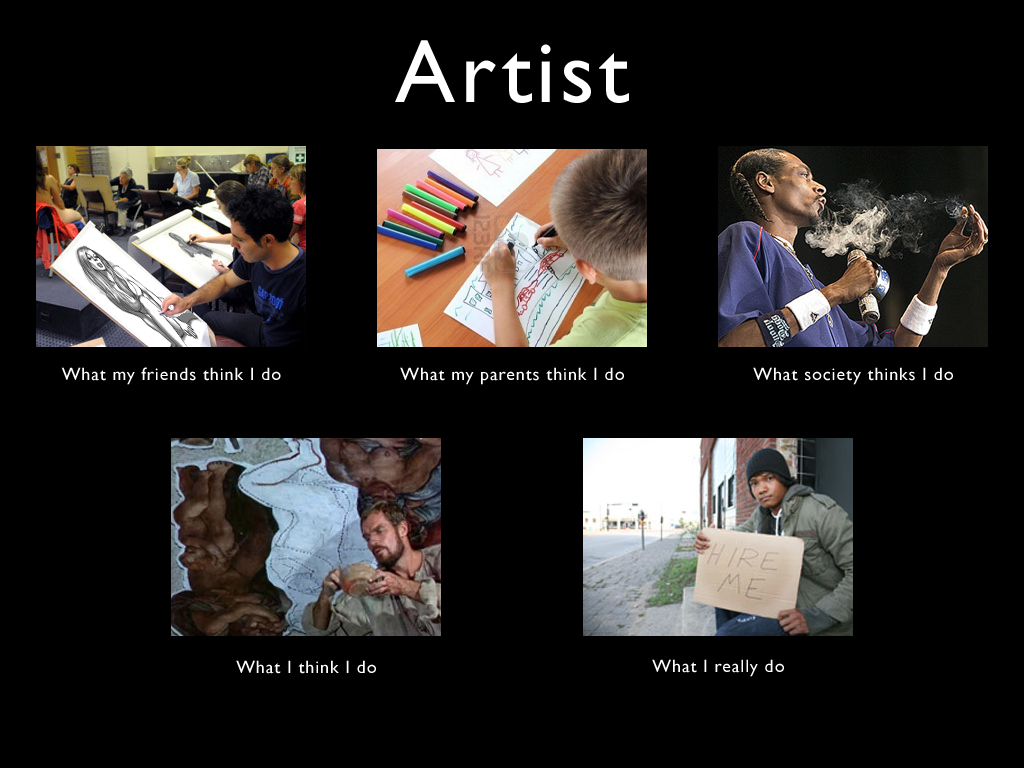 Talk to a friend about looking for an apartment together. Or, consider finding a place by yourself. Living alone might give you the space and freedom you’re searching for.
Talk to a friend about looking for an apartment together. Or, consider finding a place by yourself. Living alone might give you the space and freedom you’re searching for. - Limit interactions with your parents. Prior to moving out and after moving out, don’t interact with your parents unless you have to. If you’re still living with them, it’s probably best to respond when they speak directly to you, in order to keep the peace, but otherwise, keep to yourself. When you no longer live with your parents, it’ll be much easier to keep these interactions to a minimum.
- Be the bigger person. If your parents are known to strike up uncomfortable conversations or arguments, do your best not to retaliate. Be the bigger person. Matching their volume or aggression will only fuel the fire and make matters worse. Again, do your best to keep your interactions with them minimal and focus on getting some much-needed space from them.
- Secure a support system.
 You might be all anger right now — but sometime in the future (probably soon), you’ll likely succumb to other negative emotions like sadness. It’s tough to end a relationship and remove a loved one from your life, even if that relationship wasn’t the healthiest. Be sure to talk to your loved ones or a therapist about how you’re feeling and get the support that you need.
You might be all anger right now — but sometime in the future (probably soon), you’ll likely succumb to other negative emotions like sadness. It’s tough to end a relationship and remove a loved one from your life, even if that relationship wasn’t the healthiest. Be sure to talk to your loved ones or a therapist about how you’re feeling and get the support that you need. - Focus on you. Stop focusing on your hate for your parents and start focusing on yourself. You can become the person you want to be, despite the resentment that you harbor toward your parents and the cause of that hate. Start spending time with people you love and doing things that fill you with joy.
If you are interested in mending your relationships with your parents, then you must sit down with them and have a heart-to-heart. Hate is a strong word and stems from strong feelings. If your relationships with your parents have gotten to this point, it’s time to share your feelings with them. Be sure to listen to what they have to say, too.
Be sure to listen to what they have to say, too.
It might also be helpful here to consider moving toward neutrality rather than telling yourself you have to like your parents. “Trying to accept the imperfections within your relationship will be much easier at first than jumping straight into trying to cultivate positive feelings,” says Emily Simonian, Licensed Marriage and Family Therapist (LMFT) and Head of Learning at Thriveworks. “You can move toward neutral feelings toward your parents by trying to acknowledge things about them that are not all bad, even if they’re small things that are unrelated to you, like how your mom is dedicated to her career, or your dad is a good cook. Teaching yourself to think in this way will create a more balanced perspective that could lessen your negative feelings over time.”
If you need or would like a mediator’s help in repairing relationships with your parents, consider going to family therapy. A therapist serves as that mediator, offers an outsider’s point of view, and comes with professional expertise to help you improve your relationships. You can book a family therapy session here.
You can book a family therapy session here.
Ready to Come Out to A Parent? Here Are 19 Tips How
“Coming out” by telling people about your orientation can be a liberating and exciting experience. It can also be confusing, emotional, and in some cases, scary — especially when you’re coming out to a parent.
Nobody should feel pressured to come out, but if you feel safe and ready, we’ve compiled a guide to coming out to a parent or guardian at any age, no matter your orientation.
Remember that there’s no “right way” to come out. This guide is intended to help you prepare and process coming out; it isn’t a prescription that you have to stick to! Come out in whatever way feels good and safe for you.
Your comfort and safety matter most
You don’t have to come out unless you want to.
A lot of how queerness is discussed centers on “coming out of the closet.” But it’s important to remember that you don’t have to come out in order for your orientation to be valid.
Before coming out, you should consider whether you feel emotionally ready to do so. Also, importantly, you need to consider your safety.
Unfortunately, many of us don’t grow up in accepting and tolerant homes. Safety can be a real issue if you live with a parent or guardian that isn’t tolerant of your orientation.
You might also feel like it’s not safe for you to come out if you live with, work with, or go to school with people who might bully or harm you because of your orientation.
Make sure you consider the following
Before you come out to someone, you may find it helpful to ask yourself the following:
- Do you think this person will be accepting?
- Can you trust them not to share this information without your permission?
- Do you think they might hurt you if you come out to them?
- If they aren’t receptive, how will you handle it? For example, if it’s someone you live with, could you move out if they harm you? If it’s someone you go to school with, could you avoid them?
- Do you have supportive people that you could turn to if coming out doesn’t go well — for example, friends, a therapist, or a counselor of some kind?
These questions can help you determine whether you feel safe enough to come out.
Start with one person
It’s often helpful to come out to one friend at first, and later tell a parent or guardian, family, and other friends. This way, that first person can support you while you come out to others.
It’s best to choose someone who you’re sure will be accepting and supportive. Ask them if they can be there when you tell others. They might be able to give you support — either in person or over text — while you come out to others.
Sometimes, you might feel like coming out to one person is enough.
From the writer“Personally, I came out to one person and then didn’t tell anyone for years, because I didn’t feel ready to tell anyone else. I’m glad that I waited, because I had support while I figured out my orientation for myself.”
Consider which method you’re most comfortable with
Depending on what you find comfortable, you could come out in person, via text, via phone call, on social media, or using whatever method works for you.
In some cases, you might want to have a formal conversation with someone, especially if they’re very close to you.
Other times, it’s easier to just drop it in conversation.
For example, you might say, “I’m hanging out with my girlfriend this weekend” or “I’m going to a queer meetup” or “I read this great article about bisexuality” and use it as a segue to coming out.
This can be a more casual, less overwhelming way to come out.
From the writer“As a younger Millennial, I watched most of my friends come out on social media — and it seemed to work well for many of them! I came out to my friends at camp, but only once the lights were off because I was too shy to look anyone in the eye. Others have full-on coming out parties. It’s really up to you!”
Regardless of the method, consider the time and location
In some cases, it’s better to come out in a private space (like your own home) because that’s a good place to have a conversation.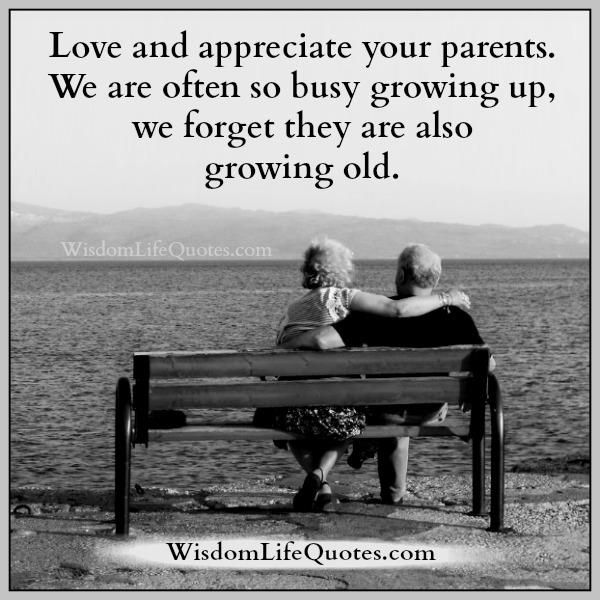 You also might not want others to overhear it, especially if you’re a private or shy person.
You also might not want others to overhear it, especially if you’re a private or shy person.
In other cases, it could be better to have the conversation in a semi-public place like a restaurant.
In general, it’s a good idea to have the conversation in a place that’s quiet, so that you get the chance to talk about your feelings. If you come out via phone call, make sure that the other person is also in a quiet place and that they have time to listen to you and offer support.
Text can be a great way to come out, but it’s best to avoid texting someone when they’re at work or on vacation. In that case, they might not be able to send a positive message back to you right away.
Prepare for questions and potential disbelief
Sometimes, people respond to a person coming out with disbelief. This can hurt.
In our society, heterosexuality is the assumed norm. In other words, you’re assumed to be straight unless you say otherwise.
When people come out, others are often surprised because they think they’ll “know” when someone’s not straight. This isn’t always the case!
This isn’t always the case!
Being shocked isn’t the same thing as being unsupportive, though, even if it can feel icky at the time.
People might ask questions, like:
- “Are you sure?”
- “How do you know?”
- “When did you know?”
- “Are you dating someone?”
- “What does [insert your orientation here] mean?”
Often, these questions are well intended, but you aren’t obligated to answer them unless you want to. If you don’t feel comfortable getting into detail, you can just say that.
Sometimes it’s helpful to direct them toward an article explaining what your orientation means. (Hint: We have a useful list of orientations and sexualities here!)
What to say
Actually getting the words out can be tough, which is why many people prefer texts or social media posts. Regardless of how you come out, there are a few ways to phrase it.
For example:
- “I’ve figured out that I’m bisexual.”
- “Since you’re important to me, I want to let you know that I’m gay.
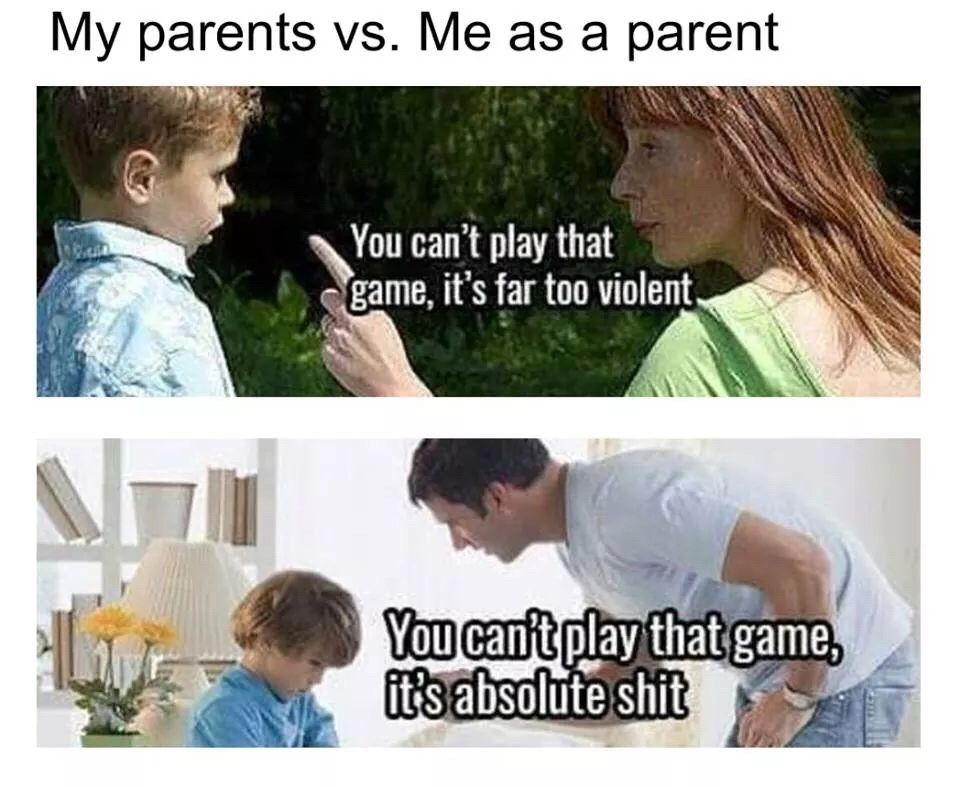 ”
” - “I’ve been thinking about it for a while, and I want to let you know that I’m pansexual, which means I can be attracted to people of any gender.”
You could also mention it more casually. For example, you could mention your partner in passing or say that you’re going to a Pride march.
Allow your parent or guardian space and time to process the information
Just because someone doesn’t respond positively immediately doesn’t mean they don’t support you. Many people don’t really know what to say. They might need time to process the information.
Again, it can be helpful to redirect them towards an article (like this one from PFLAG) about being supportive when your kid comes out. This could give them an idea of what to do and say, and how to process the information themselves.
Make sure they know whether they can share this info and suggest resources to learn more
If you don’t want them to tell other people, be totally clear about that. You can say something like “Please keep this between us, as I’m not ready to tell everyone yet” or “I’m going to tell my grandparent(s) next week, so I’d appreciate it if you didn’t tell anyone until then. ”
”
You can send them resources about how to support LGBTQIA+ people. Before you come out, it might be helpful to find one or two resources that resonate with you and keep the links handy. These resources could be articles, videos, podcasts, or even social media pages they can follow.
Try not to take any negative reactions personally
Unfortunately, coming out doesn’t always go super well. Sometimes, people react negatively — and you need to prepare yourself for that possibility.
If someone is bigoted toward you, that says more about them than it does about you. Your orientation is a part of who you are — it’s not a personal failure or a source of disappointment.
Sometimes people react with disbelief or confusion at first, and later they become more accepting and supportive. Again, this isn’t your fault.
Try to have someone you can vent to about the coming out process. This can help you process your feelings and find support if you need it.
If you feel like your safety is in question, you have options
If a parent or guardian threatened to harm you or evicted you from your home, there might be options for you.
Try to arrange to stay with a supportive friend or family member, or find an LGBTQIA+ shelter in your area. The National Coalition for the Homeless has some directories to shelters in the United States.
If you’re in the United States, you can also contact The Trevor Project at 866-488-7386. This hotline offers support to people who are suicidal or in crisis. They’re also available if you need to vent to a sympathetic ear.
Lambda Legal has also put together a list of resources for LGBTQ youth by state; you might find helpful resources there.
Lean on your chosen community and surround yourself with a support system
It can be so helpful to have a supportive community before, during, and after you come out to your loved ones.
No matter your situation, it’s a good idea to connect with other LGBTQIA+ people. Even if the straight people in your life are totally supportive, having a community of LGBTQIA+ friends can be empowering.
Your school or university might offer counseling and support groups. Otherwise, you might find a support group or meet-up group through a local LGBTQIA+ organization.
Otherwise, you might find a support group or meet-up group through a local LGBTQIA+ organization.
If you’re not ready to talk to people in person or if you can’t find a local group, the internet can be an amazing space to talk with others.
Online forums can be a lifeline for LGBTQIA+ people. Just be discerning about who you talk to online.
It’s ultimately on your terms
Who you tell or don’t tell, which words you use, how you talk about your orientation — that’s all up to you. It’s your life, your orientation, your identity, and it should be on your terms.
If you don’t want to come out at all, that’s fine—- it doesn’t mean that you’re any less brave than those who are out.
It’s an ongoing, never-ending process
Because society assumes everyone is heterosexual unless stated otherwise, you’ll likely have to have to come out a lot over the course of your life.
Many people will assume you’re straight, which means you may have to correct dozens of people throughout your lifetime.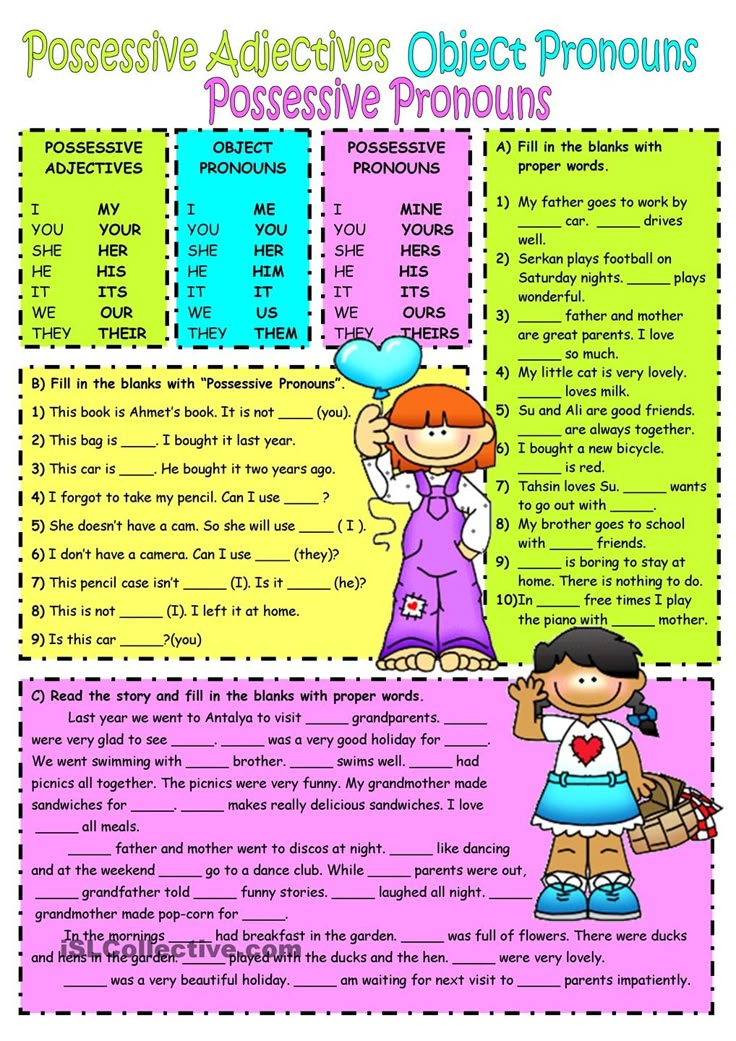 As such, “coming out” typically isn’t a single event, but something you do over and over again.
As such, “coming out” typically isn’t a single event, but something you do over and over again.
This can be pretty exhausting. But remember, it’s on your terms entirely. If you don’t feel like correcting them, that’s OK. If you don’t feel safe enough to talk about your orientation, you don’t have to.
It’s your orientation, your identity, and your decision.
Sian Ferguson is a freelance writer and editor based in Grahamstown, South Africa. Her writing covers issues relating to social justice, cannabis, and health. You can reach out to her on Twitter.
My parents don't care about me
Need advice?
Write your story
Hello, my name is Veronica. I am 15 years old. Let me start off by saying that my parents don't care about me. Absolutely don't care. Starting with my condition and ending with my grades. Mom divorced dad when I was 10 (I loved dad very much), their divorce greatly influenced my psyche (she became a completely different person) and only after 4 years she was able to change her character for the better.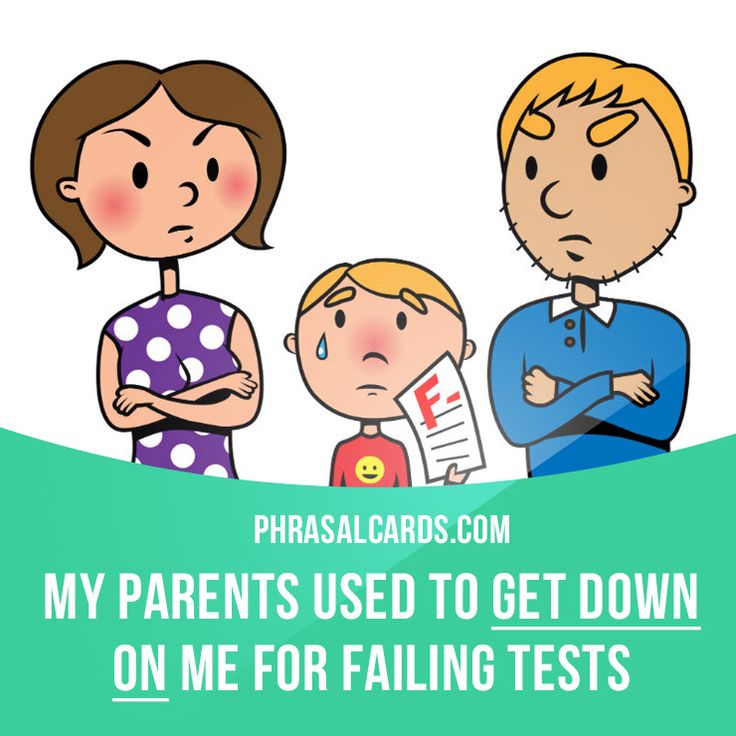 Mom got married and we moved to another city. She gave birth to a brother. Since then, everything has changed, I became one. I just did everything myself. When I had problems, my mother told me to solve them myself. I had a very bad relationship with my stepfather, but my mother always protected him. I began to have constant conflicts in the family. And at the same time, no one will protect me, I really needed the support that only friends provided me. If I don’t help my mom around the house, then I’m considered a terrible person (didn’t help because of my studies or because I came in very tired after school). My family needs me only because of help around the house and that's it. I'm alone... Absolutely alone.
Mom got married and we moved to another city. She gave birth to a brother. Since then, everything has changed, I became one. I just did everything myself. When I had problems, my mother told me to solve them myself. I had a very bad relationship with my stepfather, but my mother always protected him. I began to have constant conflicts in the family. And at the same time, no one will protect me, I really needed the support that only friends provided me. If I don’t help my mom around the house, then I’m considered a terrible person (didn’t help because of my studies or because I came in very tired after school). My family needs me only because of help around the house and that's it. I'm alone... Absolutely alone.
Tell me, is it me? Maybe no one in my family loves me because I have a bad character?
Rate:
Vereneya, age: 03/15/2020
Responses:
Maybe ask to live with dad? And if it doesn’t work out, try to be a good daughter to your mother, study and choose a profession that you like. Not always, unfortunately, everything is simple in the family (((Over time, like Cinderella, everything can be fine with the right attitude. I wish everything was fine with you! God loves you, try to pray and read the Bible, for example , parables for starters.Pray for mom, ask her to turn her face to you, so that your relationship will become better.
Not always, unfortunately, everything is simple in the family (((Over time, like Cinderella, everything can be fine with the right attitude. I wish everything was fine with you! God loves you, try to pray and read the Bible, for example , parables for starters.Pray for mom, ask her to turn her face to you, so that your relationship will become better.
Anna , age: 35 / 03/28/2020
Veronica, hello!
It seems to me that I managed to touch a little the feeling of Your loneliness and Your doubt that you cannot be loved the way You are. It is probably very difficult to do housework when you are sure that your family needs you only because of help around the house, and is no longer needed ... You can feel your inner protest against this state of affairs, and it is understandable. Each of us really wants to feel loved simply because we are, simply because it would be more correct to do so. And you want to help around the house as a joy, not a burden, right?!
I would very much like you not to lose confidence in the possibility of the existence of such a family, where everyone fulfills the duties assigned to him simply because in this way he confirms his responsibility for family unity.
At the same time, You are internally looking for an answer to the question, is it not You??!
And here it’s very difficult to give You any advice (I think that’s why no one has answered You yet), because dads, moms, children, etc. are all different, you need to know you personally in order to at least a little get closer to understanding what is going on in your house.
Sometimes a child cannot change the situation in the family for the better. And this is not really his task in general. But you can try to look at your family situation from a slightly different angle, as if from the outside or something. It's not easy, it's a battle for love and truth in your soul...
You wrote that after the divorce of your parents, which you passed through yourself, after 4 years you managed to help yourself somehow, it's important! What exactly helped you?
You write that you loved your dad very much... Do you keep in touch?
Maybe Gary Chapman can help you get along with your mom?! Probably, it would be difficult for me to forgive her (and with her and dad?) The collapse of the family, could you do it? The book "Five Love Languages" is just about how difficult it is to keep the ship of family happiness afloat; a lot of couples don't know how to do this, they break up. .. I think it never hurts to try to understand your mother! Here you will have to look at the situation in an adult way... Yes, and then, maybe you and her also speak different languages of love??!
.. I think it never hurts to try to understand your mother! Here you will have to look at the situation in an adult way... Yes, and then, maybe you and her also speak different languages of love??!
Omilia, age: 40 / 03/28/2020
Hold on. There are such indifferent parents. Now just take care of yourself so that later you can successfully marry and draw love from your family. When you have your own family, you will not be alone. Will be 7th
Irina, age: 30 / 28.03.2020
The situation is partially familiar, everything is simpler with the pen. I don't get on well with my parents much, as well as reproaches and everything else.
Forget what is happening and just live for yourself and your future. It helps me.
And your character is fine.
https://www.realisti.ru/main/rodit
https://www.realove.ru/
Mar Sidokova, age: 15 / 04/08/2020
When parents do not have happiness in marriage, it takes a lot of mental strength. And there is no resource to give love and warmth even to your children. Rare people are capable of this. The second marriage is always difficult. It is difficult to establish a relationship between children and their stepfather. Parents have to maneuver to save the relationship. It is especially difficult in a transitional age.
And there is no resource to give love and warmth even to your children. Rare people are capable of this. The second marriage is always difficult. It is difficult to establish a relationship between children and their stepfather. Parents have to maneuver to save the relationship. It is especially difficult in a transitional age.
You need to accept this and forgive your mom and stepdad. Treat them with respect and obey. Rehearse in front of a mirror respectful tone. This is a duty to parents. And this acceptance and patience without resentment will help in the future to get along with people, bosses and husband.
Read articles from this site https://www.realisti.ru/main/rodit because it is not the words that irritate more often, but the tone of their statements. And to realize that soon there will be a family of their own, to study, to prepare (realov.ru), and all this will end. And just wait and prepare for your future happiness
Alina, age: 38 / 04/23/2020
Previous story Next story
Return to the beginning of the section
| Printable version |
Why don't my parents care about me? Psychological advice, consultations
Hello. My name is Alice. I am 18 years old. I am engaged in vocals, sociable, I stand behind my relatives (I have a very strong character). control, I have a problem...
My name is Alice. I am 18 years old. I am engaged in vocals, sociable, I stand behind my relatives (I have a very strong character). control, I have a problem...
The fact is that from the very childhood our parents (especially my mother) devoted little time to me and my brother. They always had no time. I understand that work was to blame for this, but unlike mom, dad, arriving from work (very late), tried to at least a little, but spend time with us and please us. Basically, we were shoved off to our grandmother, she raised us ... Time passed, my parents divorced (dad could not stand my mother's booze, she did not control herself when she got drunk). Dad went to another ... Mom also found a boyfriend. Then they finally scored on us: they were absolutely not interested in us (
My brother went to another city to study, and I stayed with my mother. We often had conflicts because she drinks. I won't describe all these events, but it was terrible...
Today. I forgot my pass to the institute, left without it for another city. I asked my friend, who lives in my city and studies with me at the same university, to bring this pass. He agreed, it remains only to hand over the pass (just get out of the entrance and hand it over). I called my mother, she agreed to do it ... A friend called in the evening, said that he would soon call for a pass. I started calling my mother, but she did not pick up the phone .... I never got through, asked for forgiveness from a friend, and said that he should not wait for anyone. When I got through to my mother, she answered in a completely sober tone that she was not at home, and she had her own plans, although we agreed, and she said that she would hand over the pass without any problems ...
I asked my friend, who lives in my city and studies with me at the same university, to bring this pass. He agreed, it remains only to hand over the pass (just get out of the entrance and hand it over). I called my mother, she agreed to do it ... A friend called in the evening, said that he would soon call for a pass. I started calling my mother, but she did not pick up the phone .... I never got through, asked for forgiveness from a friend, and said that he should not wait for anyone. When I got through to my mother, she answered in a completely sober tone that she was not at home, and she had her own plans, although we agreed, and she said that she would hand over the pass without any problems ...
What should I do? Why is this attitude towards me? Please answer
Hello Alice!
Unfortunately, not all people are able to love. In many cases, this extends to parents as well. And it can also be very difficult to understand and accept, because they convince us that this is not so and they love us very much.